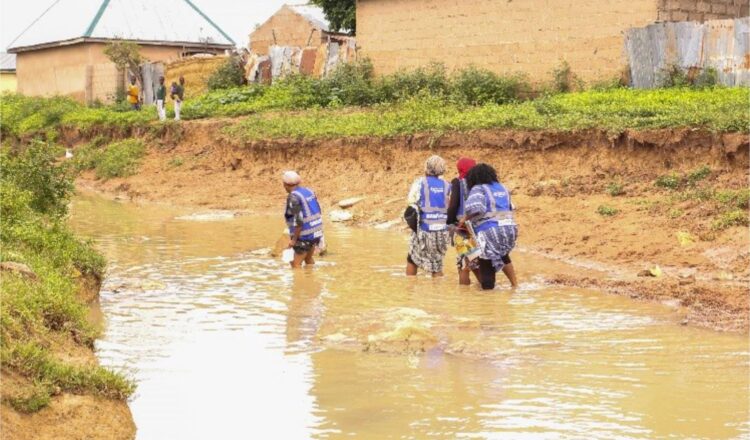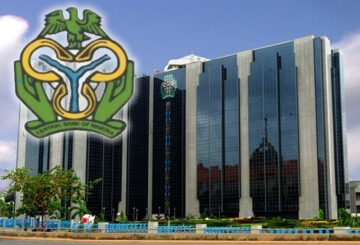According to an EnviroNews study, environmental stakeholders are concerned that climate change has not received the proper emphasis in the current election campaigns.
Environmental issues first entered political discourse in the 1970s, according to the report “General elections: Whither climate change in their manifestos?” checks. Since the 1990s, efforts to lessen environmental disasters have taken a significant place on the political agenda on a global scale.
They said,
As candidates intensify campaigns for various elective positions in the build-up to 2023 general elections in Nigeria, concern has been raised as to what extent climate change has featured on the soapbox.
“According to environment experts, Nigeria has had its own share of climate change impacts over the years, ranging from flooding, irregular rainfalls, drought to heat spells. They said the 2022 flood disaster is a testimony to the reality of climate change in the country. The disaster ravaged several states causing over 600 deaths, displacing millions of people, and washing away hundreds of farmlands.”
In its economic assessment for Nigeria, the African Development Bank Group noted that “Climate change’s impact is seen in crop yields dropping by 7% in the medium term (2006–35) and by 25% in the long run” (by 2050).
“Projected increases in annual maximum temperature of 3–4°C between 2050 and 2070 could further undermine agricultural productivity and cause greater water stress.
“Already, shortages of water and grazing land are generating communal conflicts. Nigeria is 73 on the 2021 Global Conflict Risk Index.”
David Michael, the executive director of the Global Initiative for Food Security and Ecosystem Preservation, claimed that a survey of the manifestos of several parties revealed that the issue of climate change was underrepresented in the 2023 election.
According to him, “GIFSEP had launched an awareness campaign on climate change in several states to arouse the interest of politicians and the general public on the impact of climate change. It would not augur well if the political class in climate change-vulnerable countries such as Nigeria continued to ignore the challenge it posed.”
Speaking further, he said, “It is the defining issue of today’s world that is why we are calling on citizens, especially those communities impacted by climate to ensure that they collect their PVCs. They should look beyond empty campaign promises and other forms of inducement to vote for candidates that have a concrete climate action plan as those voted into positions of authority have the power to shape a clean, green, low-carbon future for posterity through climate change-friendly policies.”
The Programme Manager of GIFSEP, Ibrahim Joseph, made a similar observation, noting that despite there being just a few weeks to the general elections, candidates for public office have not pledged to address climate change.





